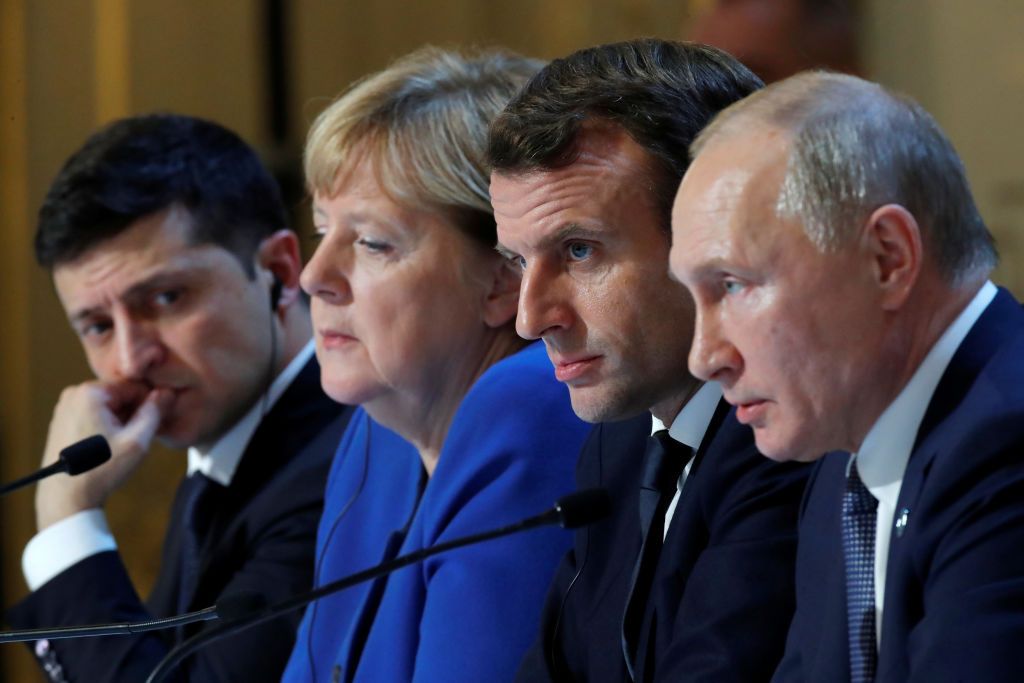WSJ: Russia's peace terms include Ukraine outside NATO, smaller military, 2022 document shows

A peace plan proposal drafted during Russian-Ukrainian negotiations in 2022 would see Ukraine turn into a militarily neutered country, permanently vulnerable to Russian aggression, the Wall Street Journal reported on March 1 after reviewing the document.
The proposals illustrate the tough concessions Kyiv would have to take to conclude the 2022 talks, which ultimately failed as Ukraine began turning the tide in the war and Western support poured in.
According to the Wall Street Journal, Moscow's plans have largely remained the same. As Ukraine faces an increasingly precarious position in the war, compared by some to the first days of the full-scale invasion, Russian dictator Vladimir Putin allegedly signaled a willingness to restart peace talks on his terms.
According to the 17-page document dated April 15, 2022, Ukraine would be allowed to seek EU membership but not entry to NATO or any other military bloc. Ukraine's Armed Forces would have to be reduced to a certain size, no foreign weapons would be stationed on its territory, and Crimea would remain de facto in Russian hands.
Russia would see Ukrainian forces limited to 85,000 troops, 342 tanks, and 519 artillery pieces, while Ukrainian negotiators wanted 250,000 troops, 800 tanks, and 1,900 artillery pieces, according to the document.
Russia also reportedly wanted to limit the range of Ukrainian missiles to 40 kilometers (25 miles).
Moscow pushed for the Russian language to be treated on par with the Ukrainian one in Ukraine's government and courts, a condition that Ukrainian negotiators did not agree with, the WSJ said.
The status of eastern regions occupied by Russia since 2014 was to be agreed on in a meeting between Ukraine's President Volodymyr Zelensky and Putin. The meeting did not take place.
The treaty would be guaranteed by foreign powers, including the U.S., the U.K., China, France, and Russia. These countries would be given responsibility to defend Ukraine's "neutrality" if it were violated, the WSJ wrote. Russia reportedly aimed to add Belarus to the list of guarantors, while Ukraine wanted to include Turkey.
Ukraine has previously received similar assurances from Russia, the U.S., and the U.K. in the 1994 Budapest Memorandum, which called for international assistance if Ukraine "should become a victim of an act of aggression" in exchange for the country relinquishing its nuclear arsenal. Russia broke this treaty in 2014 by illegally occupying Crimea and Donbas.
Turkish President Recep Tayyip Erdogan recently offered to host a new round of peace talks between Russia and Ukraine.
Ukraine repeatedly said the peace talks should be held on the basis of its 10-step peace formula, which includes a full withdrawal of Russian troops from Ukraine. Moscow has rejected this proposal.
Ukraine works with Switzerland to organize a global peace summit in the Alpine country. Over 160 countries will be invited to discuss Kyiv's peace formula and create a joint document on what needs to be done to restore the country’s sovereignty.












